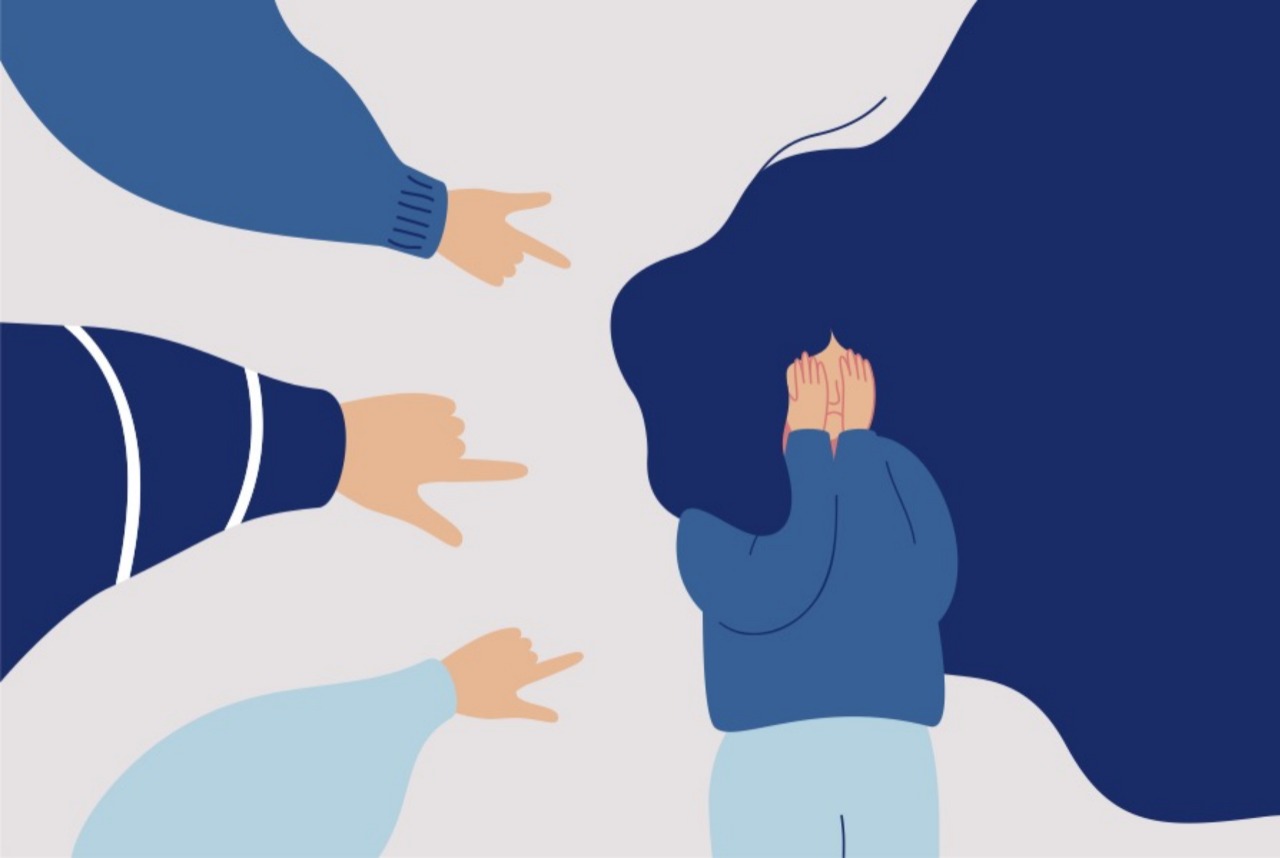

“Everyone has the right to freedom of opinion and expression; this right includes freedom to hold opinions without interference and to seek, receive and impart information and ideas through any media regardless of frontiers.” (Article 19, Universal Declaration of Human Rights).
Accordingly, freedom of expression is within the human rights paradigm. Human rights are universal, interdependent and interrelated and it means that protecting one right makes it possible for others to develop as well as the violation of one right has negative effects on others. But it does not imply that the freedom of expression cannot violate the right to live a life free of violence. Therefore, free speech has some own limitations that are necessary to maintain the balance of other human rights.
When considering hate speech, it can be defined as “any communication that disparages a person or group based on certain characteristics such as race, colour, ethnic or national origin, sex, sexual orientation, religion and other characteristics” (“Gender-based violence is hate speech, hate speech is not free speech”, 2013). Usually female journalists, writers and feminists are threatened with hate speech a lot, simply because they are women. According to a study conducted by Caitlin and Haley (2020), the vast majority of female journalists in the United States (79%) have stated that internet harassment has negative impacts on press freedom. In line with this study, female journalists are unable to serve as watchdogs on government and other institutions because of online harassment. Some individuals use hate speech to make women silent or push them out of a specific digital space when women try to speak online.
Internet corporations are responsible for controlling online hate speech as they are the internet intermediaries who own social networks and sites that spread hate speech. As defined by the United Nations Commission on Human Rights, “the corporate responsibility is to respect human rights, which means to act with due diligence to avoid infringing on the rights of others and to address adverse impacts that occur.” Therefore, in taking action to ensure that human rights are not violated, these internet companies have an important role to play. This includes the rights of women to live a life free of violence.
Women of all backgrounds have the right to use their voices as much as they want and to express themselves. Hate speech infringes these rights of women. Many of the individuals who commit such violence are very outspoken about their right to freedom of expression, ignoring how their attacks limit women’s freedom of speech. Hate speech is not free-speech, and anyone who tries to encourage online freedom of expression should be concerned with how this right for women is affected by hate speech.
Council of Europe Convention on preventing and combating violence against women and domestic violence, once stated that “Parties shall take the necessary legislative and other measures to promote and protect the right for everyone, particularly women, to live free from violence in both the public and the private sphere.” Moreover, as mentioned in Article 27 (1) of United Nations actions Universal Declaration of Human Rights, “Everyone has the right freely to participate in the cultural life of the community, to enjoy the arts and to share in scientific advancement and its benefits.” Hence, under the false paradox of free speech, the one thing we cannot do is to remain silent as online hate speech against women increases. It is clear that sexist hate speech is a form of violence and we must all play our part in preventing this form of gender-based violence, just as we have done with racism or xenophobia.
Since hate speech is aimed to silence and force and make women out of public spaces, it negatively impacts the right to interact with culture and gain the benefits of advanced science, including technology. As the internet has become a central public sphere in which wide-ranging decisions are taken, policies and initiatives are discussed, views and ideas are shared, and work is carried out, the right of women to interact with online culture is a vital part of full participation in public life. Thus, those who try to use hate speech against women under the shield of free speech should be discouraged. Gender-based violence is hate speech and hates speech is not freedom of expression. Hence, everyone has a responsibility to eliminate hate speech which is a form of gender-based violence.
yashodhara
Jul 06, 2021
0